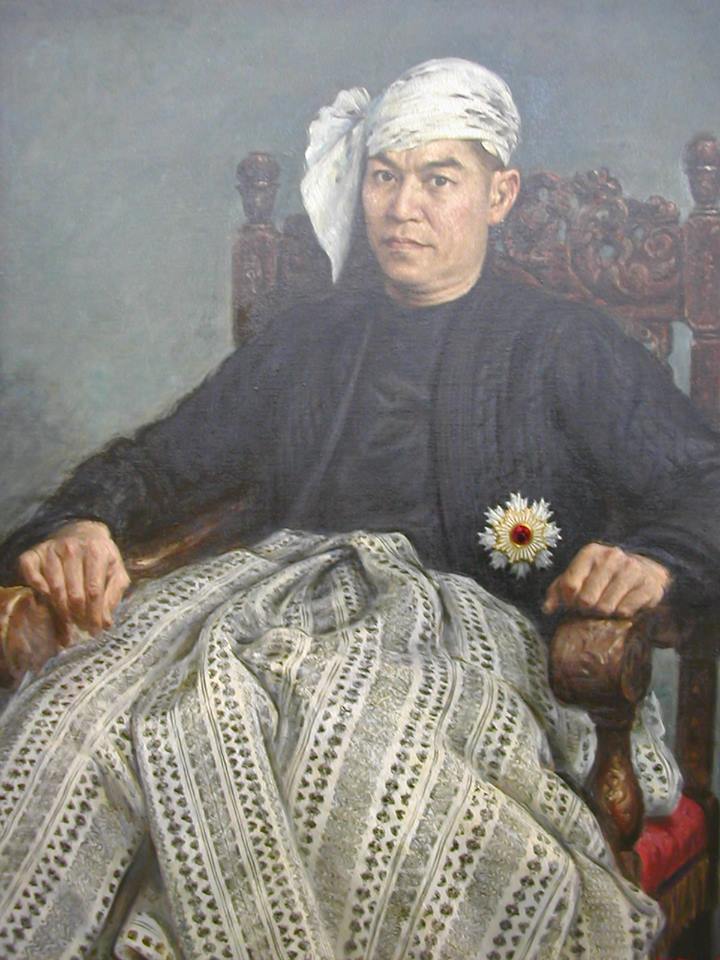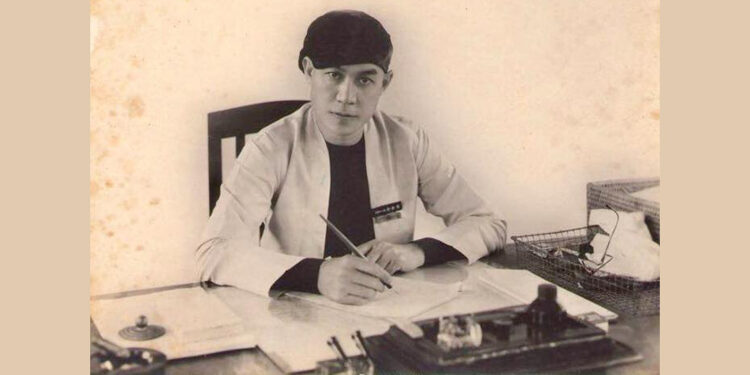Forty-two years ago today, Dr. Ba Maw, the first premier, or prime minister, of British Burma and head of State during Japanese rule, died in Yangon at the age of 85.
Dr. Ba Maw was a prominent figure in Myanmar’s political history, having served in the Poor Man’s Party, the Mahar Bamar Party, as education minister, as the first chief minister (prime minister) during British rule and head of state during Japanese occupation.
In his capacity as permier during the colonial period, he reduced tax burdens on Myanmar people, refunded deposits paid by news agencies, dispatched students to foreign universities for study and designated National Day as public holiday.

During Japanese rule, despite the fact that independence under the Japanese had been dismissed as a sham, he appointed Myanmar citizens into the administrative mechanism, and used the fighting peacock symbol on the State flag. He designated Burmese as the official language, established diplomat missions and kept the name of the armed forces as Burma National Army—all of which facilitated the struggle for real independence.
In spite of being the head of state during Japanese rule, he gave official protection to youths, including Gen. Aung San, who rose against the Japanese. He also provided assistance with India’s independence struggle.
Dr. Ba Maw retired from politics during the rule of the Anti-Fascist People’s Freedom League government after Myanmar regained true independence in 1948.
He wrote a book on the country’s independence struggle titled, “Breakthrough in Burma: Memoirs of a Revolution 1939-946,” which was published by Yale University Press.
His elder brother Dr. Ba Han studied in European universities and served as the attorney-general of independent Myanmar in 1957. He was better known for compiling the English-Burmese Dictionary.
You May Also Like These Stories:
The Day Burma’s 1st Female Minister Took Office
When the Myanmar Navy Took Possession of Its 1st Flagship
















